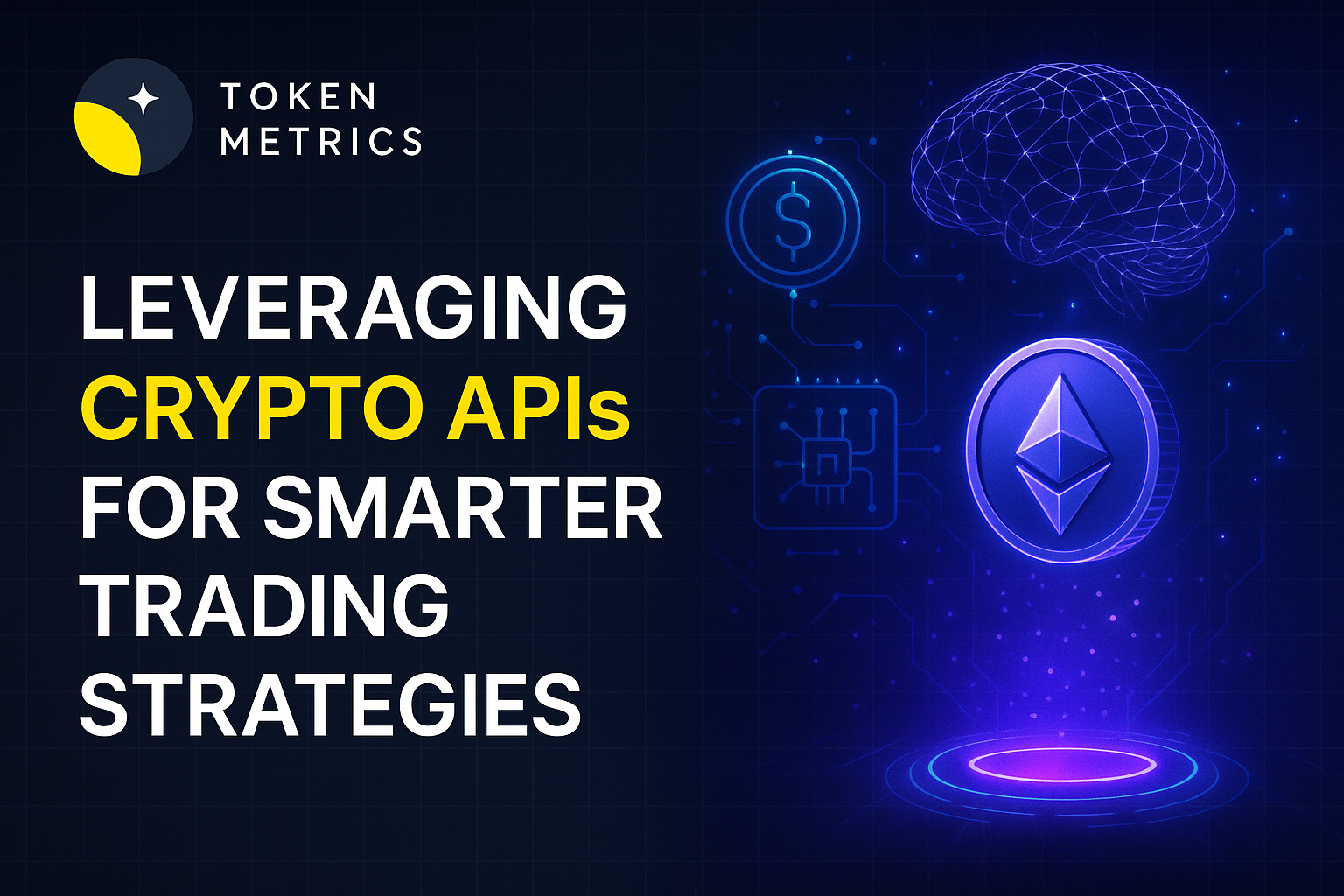Hot Wallet vs Cold Wallet - Key Differences and Similarities

In the world of cryptocurrency, wallets play a crucial role in securely storing and managing digital assets. Two popular types of wallets are hot wallets and cold wallets.
While they serve the same purpose of storing cryptocurrencies, there are significant differences between the two.
In this article, we will explore the key differences and similarities between hot wallets and cold wallets, helping you understand which option might be best suited for your needs.
What is a Hot Wallet?
Hot wallets are digital wallets that are connected to the internet. They're named 'hot' because of this constant online connection, much like a running engine.
Features of Hot Wallets
1. Accessibility and Convenience: Hot wallets allow for quick and convenient access to your digital assets. This is ideal for regular traders who need constant access to their cryptocurrencies for quick transactions.
2. Versatility: Most hot wallets support a wide variety of cryptocurrencies, making them an excellent option for those with diverse portfolios.
3. Cost: Hot wallets are usually free, although transaction fees may apply when sending cryptocurrencies.
However, the constant internet connection also opens hot wallets to potential online threats like hacking and phishing attacks.
Top 4 Hot Wallets
In the world of cryptocurrency, there are numerous hot wallets available. Here are the top four, notable for their features, security measures, and user reviews:
1. MetaMask: MetaMask is a browser extension wallet that supports Ethereum and ERC-20 tokens. It's user-friendly and enables users to interact directly with decentralized applications (DApps).
2. Coinbase Wallet: This wallet, distinct from the Coinbase exchange, allows users to store a variety of digital assets. It offers an easy-to-use interface and the ability to explore DApps.
3. Trust Wallet: Trust Wallet, owned by Binance, is a mobile wallet that supports a wide range of cryptocurrencies. It also provides a secure platform for DApp exploration.
4. Mycelium: A mobile-only Bitcoin wallet, Mycelium boasts robust security features and a sophisticated interface for advanced users.
What is a Cold Wallet?
On the flip side, cold wallets are digital wallets that are not connected to the internet. They're 'cold' because they are stored offline, offering a higher level of security for digital assets.
Features of Cold Wallets
1. Security: Cold wallets offer the highest level of security for your cryptocurrencies. Since they are offline, they are impervious to online threats.
2. Ownership: With cold wallets, particularly hardware wallets, you have total control over your private keys and, by extension, your digital assets.
3. Long-term storage: Cold wallets are perfect for "Hodlers," individuals who hold onto their digital assets for long periods.
The downside to cold wallets is their lack of convenience for frequent trading due to the need to transfer assets online for transactions. They can also come at a higher cost, especially hardware wallets.
Top 4 Cold Wallets
Cold wallets are essential for storing large amounts of digital assets securely. Here are four of the best cold wallets in the market:
1. Ledger Nano X/S: Ledger offers top-of-the-line hardware wallets, providing excellent security by storing your private keys offline. The Nano X and Nano S support a broad range of cryptocurrencies.
2. Trezor Model T/One: Trezor is another renowned brand in hardware wallets. Both the Model T and One offer offline storage and support for many cryptocurrencies.
3. Coldcard Wallet: Specifically designed for Bitcoin, Coldcard is an easy-to-use, ultra-secure hardware wallet that allows offline transactions.
4. KeepKey: KeepKey is a hardware wallet with a straightforward setup and user-friendly interface. It supports Bitcoin, Ethereum, and other major cryptocurrencies.
Hot Wallet vs Cold Wallet - Key Differences
Now that we have a general idea about hot and cold wallets, let's delve deeper into their key differences.
Connection to the Internet: The most significant distinction between hot and cold wallets is their connection to the internet. Hot wallets are always online, making them suitable for frequent transactions but also more vulnerable to online threats. In contrast, cold wallets are offline, significantly boosting their security but reducing their convenience for frequent trading.
Security Level: Hot wallets, due to their online nature, are more susceptible to cyber-attacks, malware, and phishing attempts. Cold wallets, however, due to their offline nature, provide a high level of security, protecting your assets from online threats.
Accessibility and Ease of Use: Hot wallets typically offer a more user-friendly interface, making them easier for beginners. They are also more accessible for quick and frequent transactions. Cold wallets, while offering superior security, are less convenient for frequent transactions.
Cost: Most hot wallets are free to use, with costs coming from transaction fees. Cold wallets, especially hardware wallets, can come with upfront costs, but they offer superior protection for your digital assets.
Hot Wallet and Cold Wallet Similarities
Despite their differences, hot and cold wallets also share some similarities.
Control Over Assets: Both types of wallets give you control over your digital assets, unlike custodial solutions offered by some exchanges.
Private Keys: Both hot and cold wallets provide users with private keys, which are secret codes that allow you to access and manage your cryptocurrencies. Safeguarding your private keys is critical, regardless of the type of wallet you choose.
Variety of Cryptocurrency Support: Many hot and cold wallets support a wide variety of cryptocurrencies, enabling users to manage diverse portfolios with a single tool.
Hot Wallet or Cold Wallet - Which is Safer?
When it comes to security, cold wallets generally have the upper hand. They store private keys on a device that is entirely offline, shielding them from online threats such as hacking, phishing, and malware. This makes cold wallets the safer choice for storing large amounts of digital assets.
However, it's important to note that the use of a hot wallet or cold wallet should not be an either/or decision. Many investors use both: a hot wallet for everyday transactions and trading, and a cold wallet for securing long-term investments.
In the end, while cold wallets offer superior security, both wallets have their own roles to play depending on the user's needs. Regardless of the choice of wallet, it's crucial to practice good security measures such as regularly updating software, using strong unique passwords, enabling two-factor authentication, and keeping backups of your wallets.
Deciding Between Hot Wallet and Cold Wallet
So, should you choose a hot wallet or a cold wallet? The answer depends on your individual needs and circumstances.
If you are a frequent trader or a beginner in the cryptocurrency space looking for convenience and ease of use, a hot wallet might serve you best.
Hot wallets are easy to set up and use, and they provide immediate access to your assets for trading. However, remember to only store an amount you are willing to risk online.
If you are a long-term investor or if you own a significant amount of digital assets, a cold wallet would be a more secure option.
Although it may come with some upfront costs and might not be as convenient for frequent trading, the enhanced security and peace of mind it provides are often worth the trade-off.
Frequently Asked Questions
Q1. What is a digital wallet in cryptocurrency?
A digital wallet, in the context of cryptocurrency, is a software application that allows users to safely store, send, and receive digital currencies like Bitcoin, Ethereum, and others.
Q2. What is the difference between a hot wallet and a cold wallet?
The main difference between hot and cold wallets lies in their connection to the internet. Hot wallets are connected to the internet, allowing for easy and quick transactions, but they are more susceptible to online threats.
Cold wallets, on the other hand, are stored offline, making them more secure but less convenient for frequent transactions.
Q3. Is it safe to keep my cryptocurrencies in a hot wallet?
While hot wallets are more vulnerable to online threats due to their internet connection, they are generally safe for storing smaller amounts of cryptocurrencies or for amounts you plan to use for trading. It's advisable to use cold storage for larger holdings.
Q4. What are the best hot and cold wallets to use?
Some popular hot wallets include MetaMask, Coinbase Wallet, Trust Wallet, and Mycelium. As for cold wallets, Ledger Nano X/S, Trezor Model T/One, Coldcard Wallet, and KeepKey are often recommended for their robust security features.
Q5. Can I use both a hot wallet and a cold wallet?
Yes, many cryptocurrency users utilize both hot and cold wallets. A typical strategy is to use a hot wallet for regular trading and a cold wallet for storing larger amounts of crypto assets for long-term investment.
Q6. How do I choose between a hot wallet and a cold wallet?
The choice between a hot wallet and a cold wallet depends on your individual needs. If you frequently trade and require immediate access to your cryptocurrencies, a hot wallet would be suitable.
However, if you're a long-term investor or hold significant crypto assets, a cold wallet would offer more security.
Q7. What are private keys and why are they important?
Private keys are secret codes that allow you to access and manage your cryptocurrencies. They are crucial because anyone with access to your private keys can manage your crypto assets. Regardless of whether you use a hot or cold wallet, it's vital to keep your private keys secure.
Q8. How can I secure my digital wallet?
There are several measures you can take to secure your digital wallet. Regularly updating your wallet software, using strong and unique passwords, enabling two-factor authentication, and keeping secure backups of your wallet are some key steps. Always remember, in crypto, security is paramount.
Final Thoughts
There is no absolute right or wrong when choosing between a hot wallet and a cold wallet—it all boils down to your individual needs, risk tolerance, and the nature of your transactions. It's also worth mentioning that many crypto users often utilize both wallets concurrently: a hot wallet for daily transactions and a cold wallet for long-term storage.
Regardless of your choice, always remember the golden rule of crypto security: your keys, your coins. Always maintain control of your private keys, never share them with anyone, and ensure you have secure backups. After all, the security of your digital assets ultimately depends on how well you can protect your private keys.
In the dynamic world of cryptocurrency, understanding these nuances of digital asset storage is a small but vital step towards a seamless and secure crypto experience. Stay informed, stay safe, and happy investing.
Disclaimer
The information provided on this website does not constitute investment advice, financial advice, trading advice, or any other sort of advice and you should not treat any of the website's content as such.
Token Metrics does not recommend that any cryptocurrency should be bought, sold, or held by you. Do conduct your own due diligence and consult your financial advisor before making any investment decisions.
Create Your Free Token Metrics Account

.png)




%201.svg)
%201.svg)


%201.svg)










.svg)




.png)